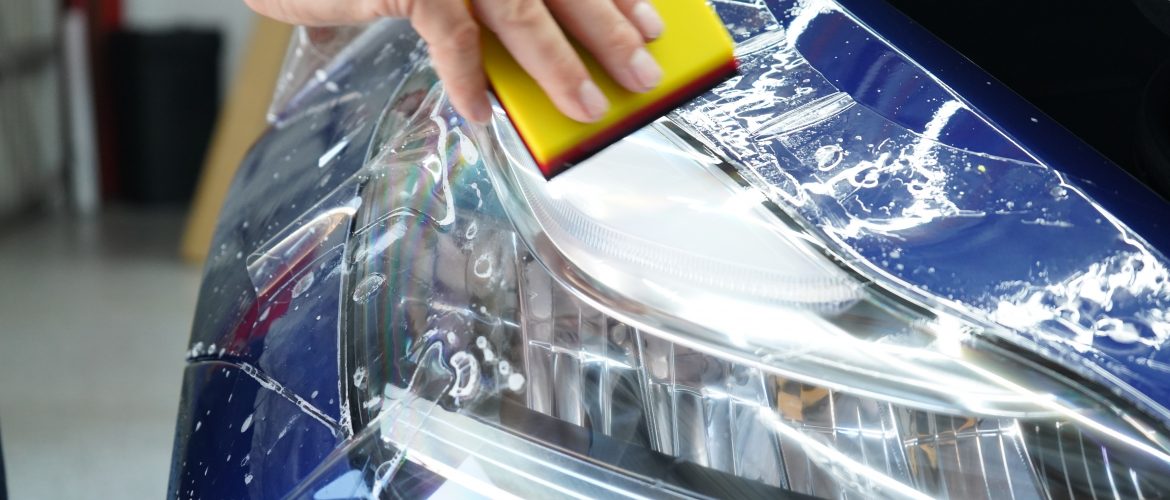Home gardening continues to gain popularity as more people seek healthy, sustainable, and rewarding ways to grow their own food. One of the most essential components of a successful garden is selecting the right seedlings to get started. For those new to gardening or seasoned green thumbs alike, using top-quality vegetable seedlings can significantly impact the health, productivity, and yield of your garden.
Starting a vegetable garden from seeds can be challenging, especially for beginners. Factors like soil temperature, watering schedules, and seed viability can complicate the process. Seedlings, on the other hand, offer a head start by bypassing the delicate germination phase. They are already growing and more resilient, giving gardeners a better chance of success in nurturing thriving plants. These seedlings are generally raised in ideal conditions, which ensures uniformity, better disease resistance, and faster growth once transplanted.
When selecting seedlings for your garden, it is important to consider the local climate, soil type, and the time of year. Opting for plants that are already accustomed to your region’s conditions will yield better results. Moreover, it is crucial to examine the health of the seedlings. Look for vibrant green leaves, sturdy stems, and a healthy root system. Avoid plants that appear leggy, yellowing, or wilted, as these signs indicate stress or disease.
One of the major benefits of using best vegetable seedlings is the convenience and predictability they bring to your gardening efforts. Unlike seeds, which may have variable germination rates and timelines, healthy seedlings are ready for immediate transplanting, reducing the waiting period and uncertainty. This not only speeds up the growing cycle but also minimizes the space and resources required for seed starting indoors.
Different vegetables have unique growing needs, and not all seedlings are created equal. Tomatoes, peppers, lettuce, and cucumbers are among the most popular vegetables that thrive when started from seedlings. Each of these plants requires slightly different soil nutrients and sunlight exposure, so understanding these requirements will help you choose the right combination of seedlings for your garden. It’s advisable to consult local planting guides or nurseries to match the ideal vegetables to your environment.
Caring for your transplanted seedlings involves regular watering, sufficient sunlight, and soil enrichment. Make sure to acclimate the seedlings by gradually exposing them to outdoor conditions—a process known as hardening off—before planting them in the garden. This step is essential to avoid transplant shock and promote healthy root development.
In conclusion, choosing high-quality vegetable seedlings can be the key to a successful and satisfying home gardening experience. They simplify the planting process, save time, and increase the chances of producing a bountiful harvest. For gardeners seeking dependable and robust options, Revival Roots Nursery offers a trusted source of premium seedlings tailored to thrive in home gardens across various climates.

